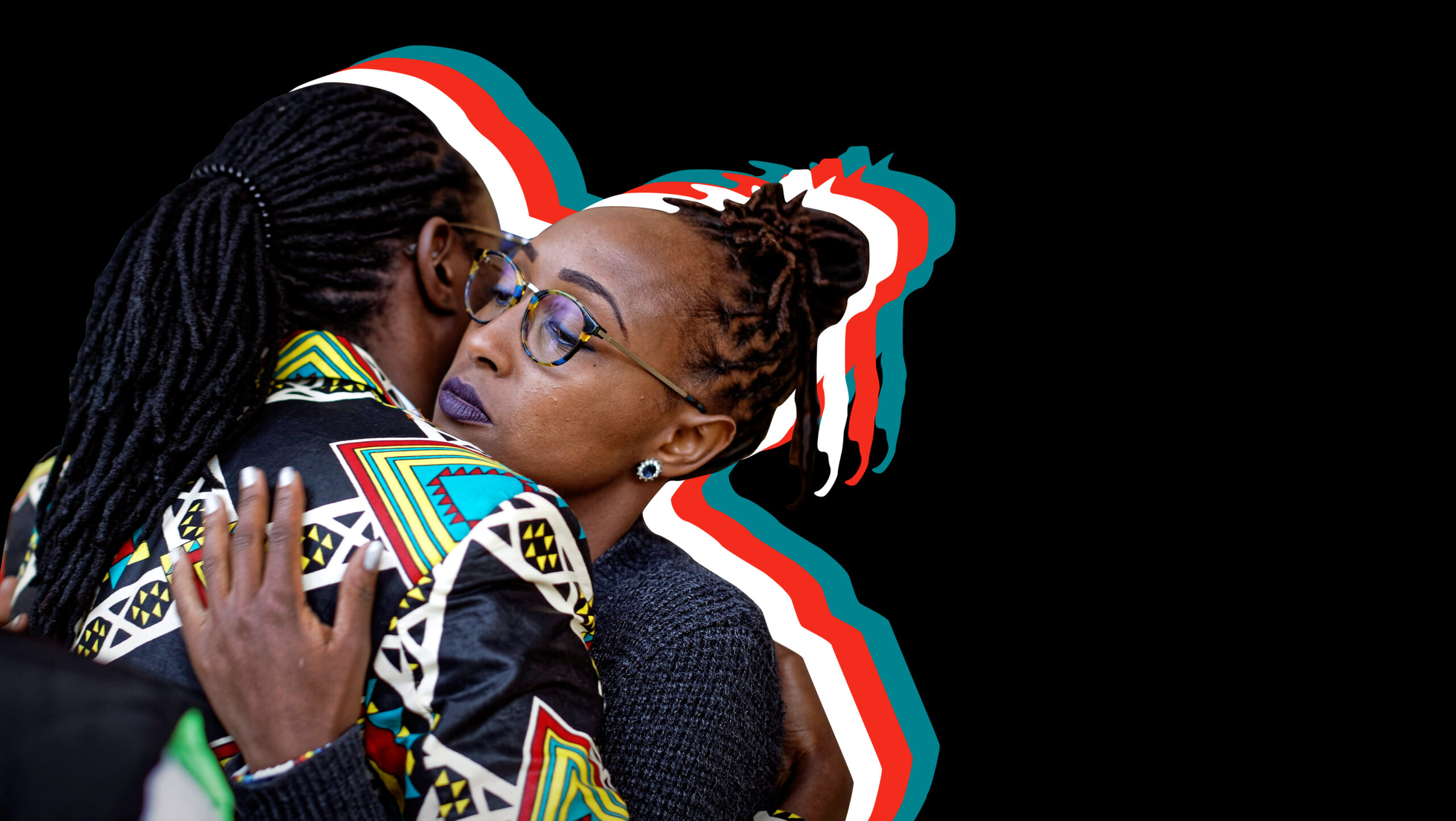To get Xtra Weekly in your inbox, subscribe here.
WEEKLY EXPLAINER
Kenya’s government has decided to keep old laws that criminalize gay sex.
Here’s the background Three years ago, Kenyan civil rights lawyers and activists filed a lawsuit to abolish two colonial-era laws that treat gay sex — an act defined under the country’s penal code as “against the order of nature” — as a crime that could result in up to 14 years in prison. The verdict was meant to be handed down in February but was delayed due to the absence of some of the presiding judges.
On Friday, Kenya’s high court ruled that the motion to abolish the laws failed to prove that LGBTQ2 people were discriminated against in the primeval penal code. The presiding judges also argued that the colonial-era laws don’t deny LGBTQ2 people access to health care services based on their sexuality.
In a statement after the ruling, National Gay and Lesbian Human Rights Commission Director Njeri Gateru said, “Kenya has missed an opportunity to take a clear stance against discrimination.”
“I believe justice will eventually prevail in Kenya, as in other parts of the world that have decriminalized same-sex conduct, but in the meantime, ordinary LGBT Kenyans will continue to pay the price for the state’s indifference to inequality.”
Yikes, so what now? LGBTQ2 advocates and activists in the country said they were hopeful after India’s Supreme Court decided to halt the use of colonial-era laws last year that criminalized homosexuality.
India and Kenya were both colonized by the British who implemented laws against homosexuality post-annexation. However, one of the three judges who presided over the case, Justice Roselyn Aburili, said in Friday’s ruling that while the decisions regarding protections for LGBTQ2 people in other Commonwealth countries are relevant, they should not interfere with — or influence — Kenya’s own laws.
In an interview with The Guardian, Téa Braun, director of the Human Dignity Trust (an LGBTQ2 advocacy organization that challenges discriminatory laws in countries around the world), said Kenya’s decision is “crushing news.”
“In handing down this disappointing judgment, the court has ruled that a certain sector of society is undeserving of [human] rights,” Braun said.
“The ruling sends a dangerous signal to the other 72 countries where citizens are made ‘criminals’ simply because of their sexual orientation or gender identity.”
WORLD AT A GLANCE
Jason Kenney’s government dissolves group tasked with banning conversion therapy in Alberta. The United Conservative Party (UCP) said it decided to ban the group because conversion therapy is not a “valid health service” anyway.
Homeboy won’t even try. Hong Kong’s Equal Opportunities Chief Ricky Chu says he won’t pursue marriage equality, calling the issue “impractical” and saying that it will go nowhere in the country’s legislature.
The World Health Organization approves new guidelines that will no longer categorize being transgender as a “mental disorder.” About time.
A Catholic pastor is salty that a Washington, DC Catholic girls school has started including same-sex union announcements in its alumnae magazine. In a very dramatic way, the pastor called the decision a “dagger to the heart.”
Karnataka, a state in India, rules that schools must allow people to officially change their name and gender.
QUEER CONTENT ROUNDUP

- Plot twist. This man is shook after finding out his favourite adult cam performer is his coworker’s son. [Slate]
- Meet Mojib, the Afghan menswear model responsible for the drought — jk he’s just v fine and his thirst traps are poppin’. [Queerty]
- People were truly blown away after seeing a viral photo of two gay men getting engaged in front of a living, breathing tornado. [Out]
- Break it down. This straight white rapper released a song about how oppressed he is days before Pride month. [Queerty]
- This ad about a trans man shaving for the first time will truly make you feel things. [Xtra]
- Trump just released an LGBTQ2 shirt for Pride month. Here are eight others to wear instead. [Xtra]



 Why you can trust Xtra
Why you can trust Xtra


